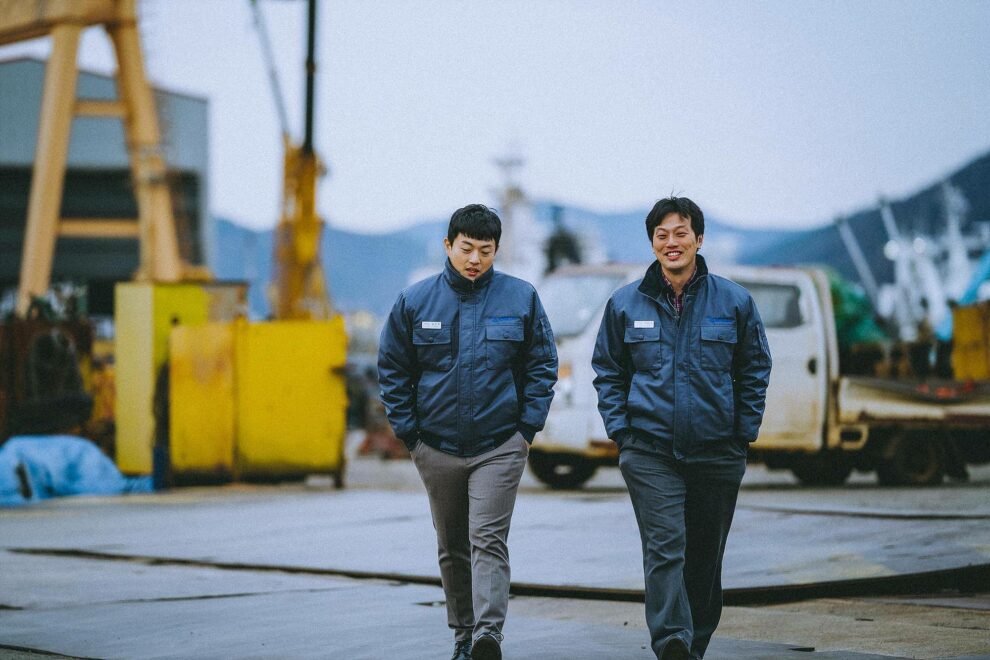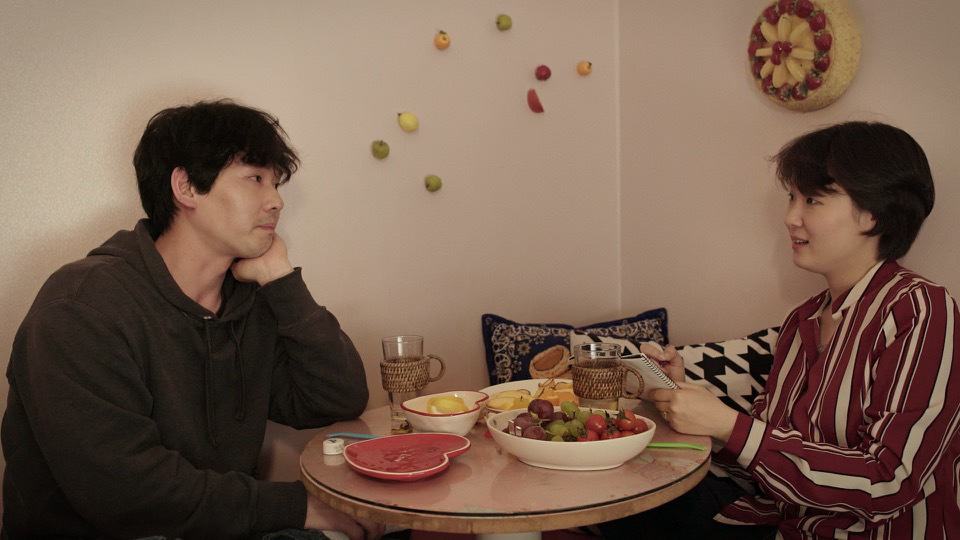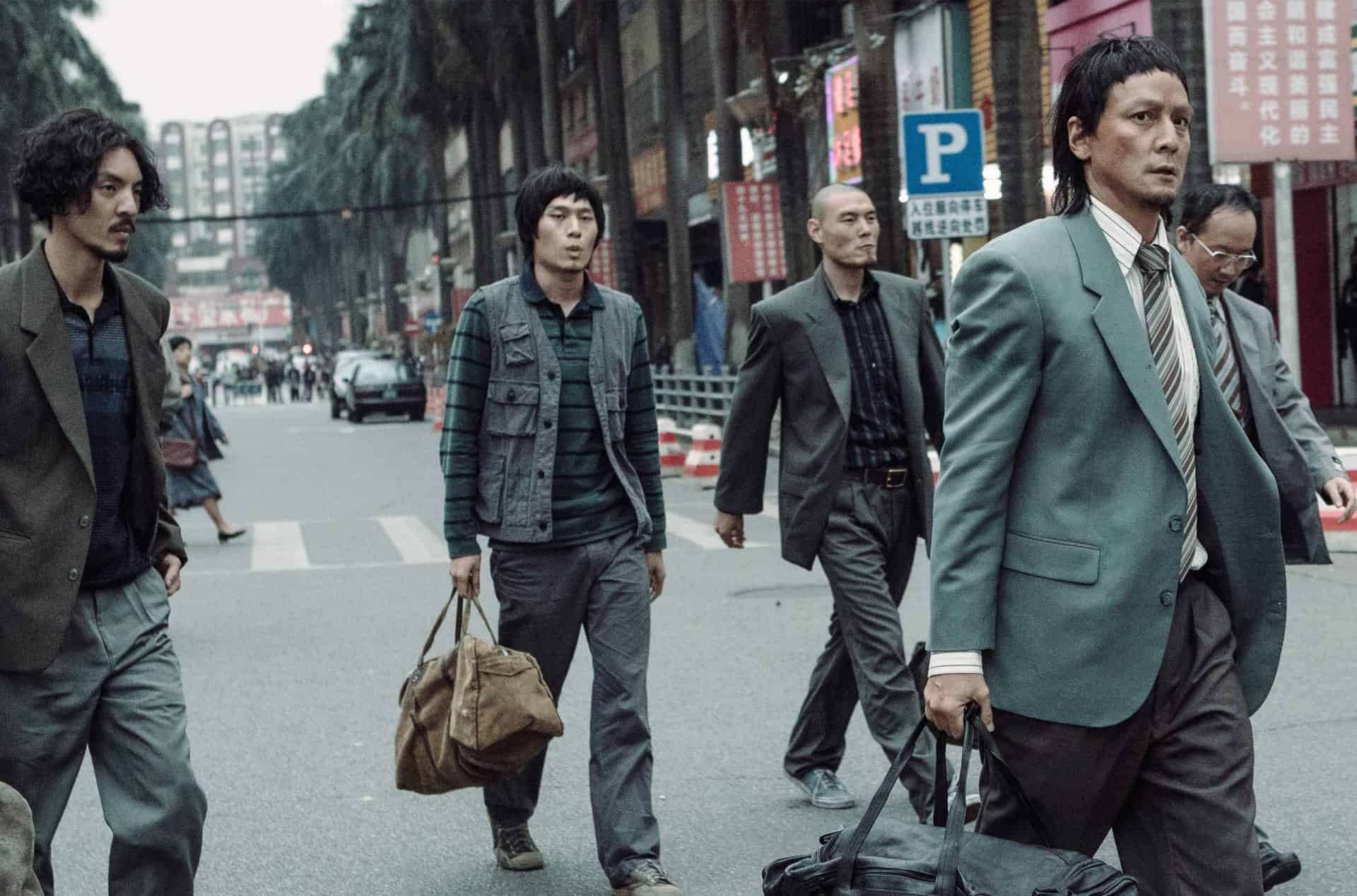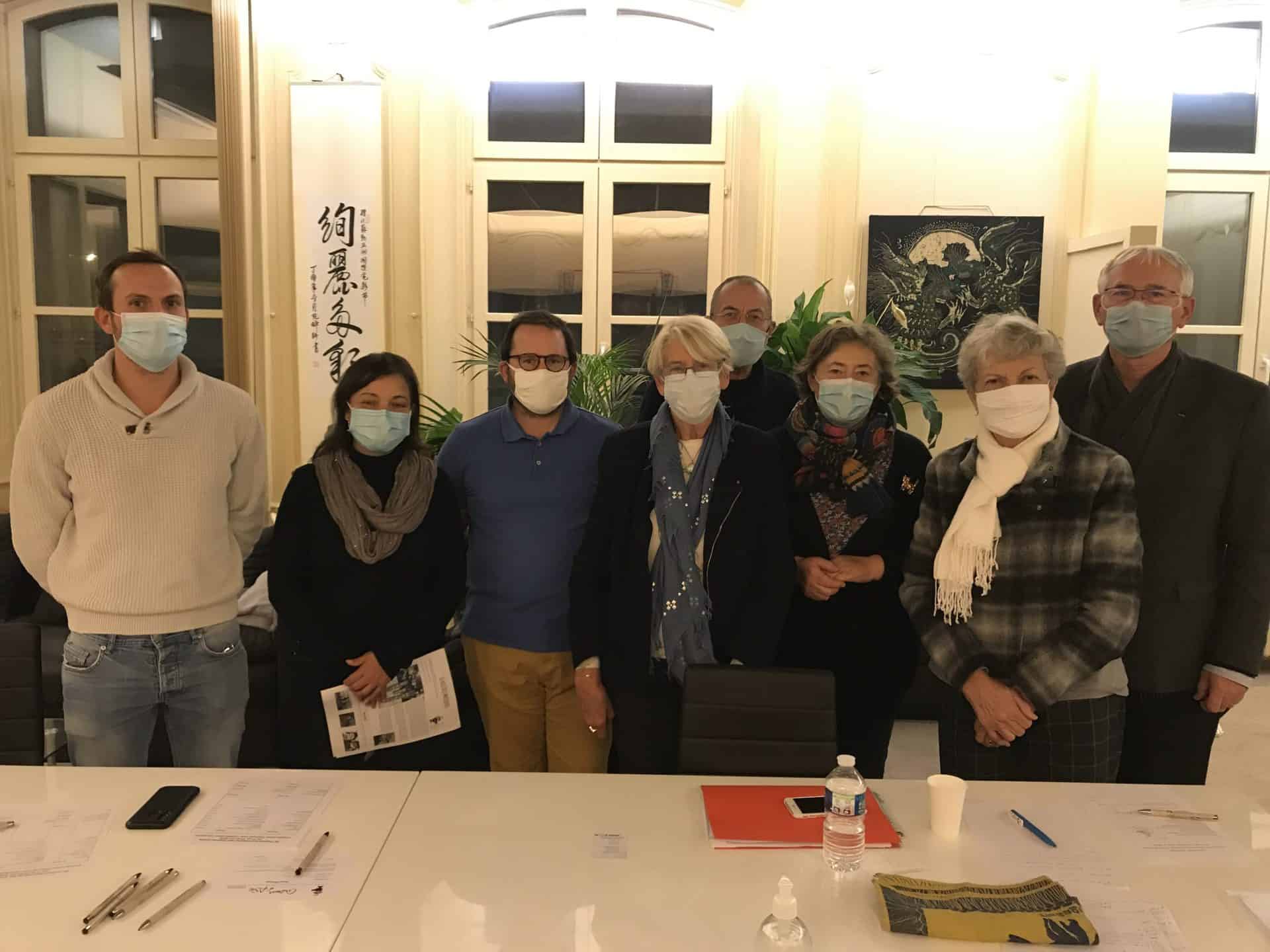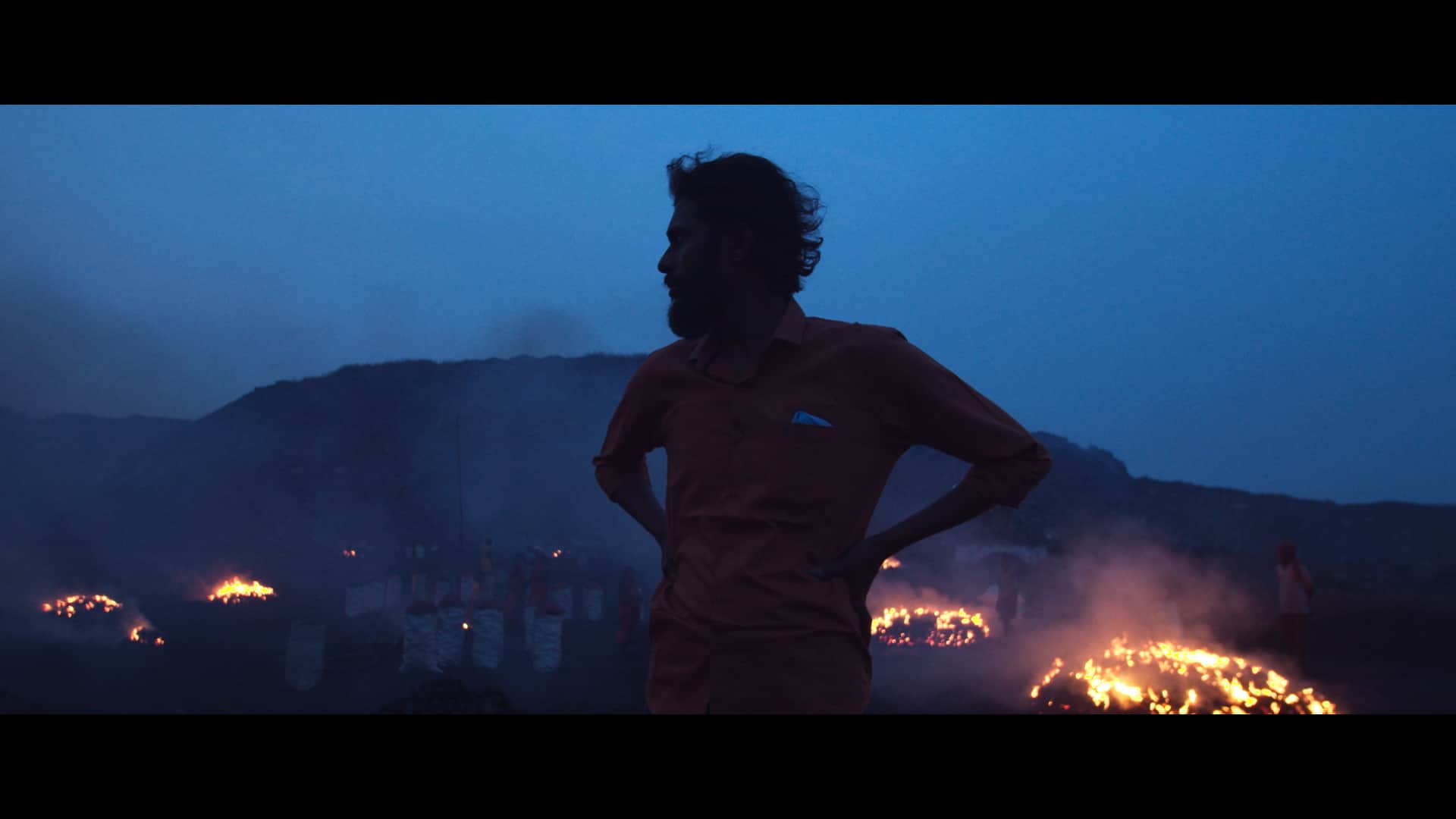Usually, the concept of big companies firing people en masse (restructuring as they call it) is presented in cinema through the side of the victims. Park Hong-jun, however, based on his personal experience, chose to depict the whole thing from the perspective of the people doing the firing, in an approach that is actually no less dramatic.
Work to Do screened at Vesoul International Film Festival of Asian Cinema
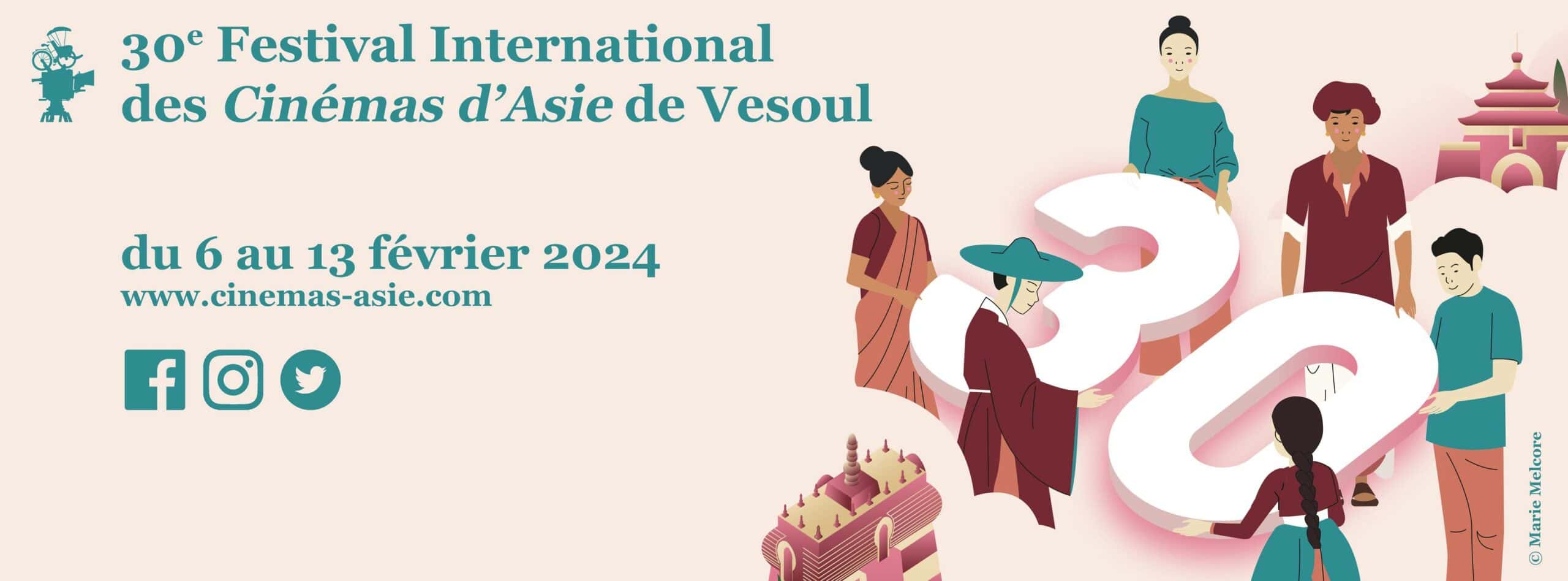
Kang Jun-hee, assistant manager at Hanyang Heavy Industries, a shipyard company, is assigned to the Human Resources department after working some years in the company, under the suggestion of his higher up. As the shipyard experiences a lack of orders, the creditors push the board of directors to restructure the company and it falls on HR's hand to convince a number of employees to either transfer or quit under a “favorable” package. Through a number of new ideas of Jun-hee, the people in his department strive to make the restructuring as fair and as efficient as possible, but in front of actual people, it seems that numbers do not work that well. The job soon starts taking a toll on Jun-hee even outside the company, where his fiance has just moved in in his apartment, which he bought from a loan from the company.
Park Hong-jun directs a movie that revolves around a central question. Does it make sense to be good at your job when your job is the worst? The whole narrative, as much as the focus on the protagonist, seems to come up from this question, with Hong-jun's downward spiral giving a definite answer to the question. Apart from this, however, it is also interesting to watch how big corporations work on the executive level, with the “politics” of the office, which include both kowtowing and fighting with the higher-ups on occasion, being rather realistically portrayed.
Lastly, Park concludes his “portrait” by showing the interactions of the people of the HR department with the people they have to convince, both the workers and on occasion, even higher ups, in a rather thorough depiction of the whole concept of restructuring. That the relationships are dominated by antagonism, mistrust and confrontation, and the procedure of restructuring by factors such as seniority, position, education and gender, make the portrait even bleaker, always, though, with the focus being on realism.
The combination of the aforementioned elements is what induces the movie with a sense of drama, although Park's steady hand never allows it to hit the reef of the melodrama, retaining a wonderful sense of measure and a steady pace through the whole of the 101 minutes of its duration. The scenes of the fighting, the moments when HR employees have to fire friends, mentors, even benefactors, and the role of the sole woman in the department all move towards the same path, as much as the protagonist's situation at home.
Check also this interview
Choi Chang-hwan's cinematography captures all the aforementioned with realism, without any particular exaltation, although the “peaking” scenes do offer a visual flair. As mentioned before, Jo Hyun-ju's editing retains a wonderfully measured pace, in one of the movie's best traits.
Jang Sung-bum as Jun-hee gives an excellent performance, highlighting his degrading psychology with eloquence and a sense of measure, in perfect harmony with the movie's aesthetics. Seo Suk-kyu in the role of his direct higher-up is also good as a man who has completely conformed to the corporate world and is trying to convince the ‘rookie' to also do so.
“Work to Do” is an excellent movie that manages to show a rather dramatic phenomenon from a perspective very rarely depicted in cinema, while retaining its sense of realism and measure throughout its duration.


